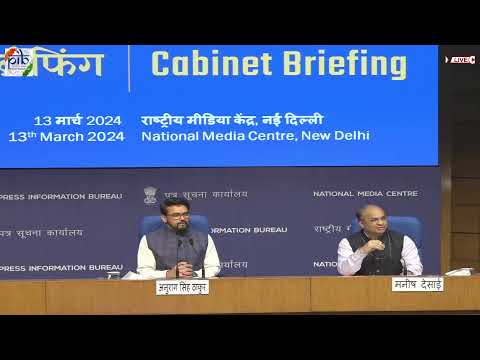India and Bhutan Strengthen Ties with Multiple MoUs on Energy Efficiency, Food Safety, and Petroleum Supply
India and Bhutan Strengthen Ties with Multiple MoUs on Energy Efficiency, Food Safety, and Petroleum Supply
The Union Cabinet, led by Prime Minister Narendra Modi, has approved the signing of a series of Memorandums of Understanding (MoUs) between India and Bhutan, heralding a new era of bilateral cooperation across various sectors including energy efficiency, food safety, and petroleum supply.
An MoU between the Bureau of Energy Efficiency, Ministry of Power, Government of India, and the Department of Energy, Ministry of Energy and Natural Resources, Royal Government of Bhutan, focuses on cooperation in energy efficiency and conservation measures. This partnership aims to support Bhutan in enhancing energy efficiency across different sectors, particularly in the household segment, by sharing India's expertise in star labelling programmes and building code formulation tailored to Bhutan's climatic conditions. Additionally, the initiative envisages creating a pool of energy professionals through specialised training programmes.
In the realm of food safety, an agreement has been reached between the Bhutan Food and Drug Authority (BFDA), Ministry of Health, Royal Government of Bhutan, and the Food Safety and Standards Authority of India (FSSAI), Ministry of Health & Family Welfare, Government of India. This agreement is designed to facilitate trade between the two nations by standardising health compliance certificates for product exports to India, thereby promoting ease of doing business and reducing compliance costs.
Furthermore, the Cabinet has given its ex-post facto approval to the Inter-Governmental Framework Agreement (IGFA) signed with the United Arab Emirates on cooperation for the empowerment and operation of the India-Middle East Europe Economic Corridor (IMEC). This agreement aims to enhance bilateral relations and cooperation in the ports, maritime, and logistics sectors, identifying potential areas for joint investments and collaborations.
The Cabinet has also approved two new corridors of the Delhi Metro's Phase-IV project, aiming to enhance connectivity within the national capital. The corridors include Inderlok to Indraprastha (12.377 km) and Lajpat Nagar to Saket G Block (8.385 km), with a total project cost of Rs.8,399 crore funded by the Government of India, the Government of Delhi, and international agencies. These lines will integrate multiple metro lines, improving access and reducing travel times for commuters across Delhi and its surrounding regions.
Lastly, an MoU on the general supply of Petroleum, Oil, Lubricants (POL), and related products from India to Bhutan aims to ensure a secure and long-term petroleum product supply to Bhutan. This MoU not only signifies India's commitment to strengthening economic and commercial links with Bhutan but also aligns with India's aim for self-reliance and its 'Neighbourhood First' policy.
These initiatives underscore a multifaceted approach to bolstering the India-Bhutan partnership, covering energy efficiency, food safety, economic corridors, metro connectivity, and petroleum supply, reflecting the countries' shared goals of development, safety, and prosperity.


